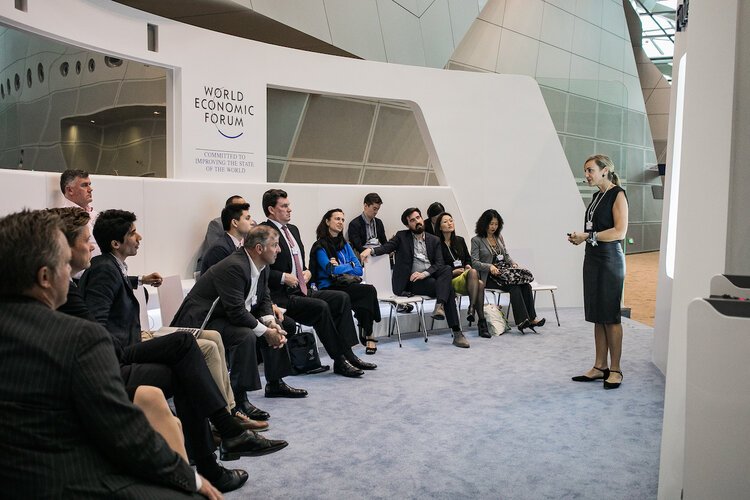THE MOMENT I REALISED MY LIFE WILL CHANGE.
It’s no secret that I grew up through 10 years of drought here in Australia. Everywhere there were reminders of the scarcity of water. The hardship of both nature and those depending on it – farmers, communities, supply chains.
It’s easy in times and in places when water pours plentiful from the taps to think that water is someone else’s problem. We are crowded by 24 hour news cycles and in their midst, we have meals to cook, work problems to worry about and daily lives to lead.
I’m embarrassed that for years after the drought broke in Victoria, that was me. I took full dams for granted. I flew home to Australia for Christmas each year and looked down as we flew over the golden brown landscape, excited to be home but not thinking about the consequences for farmers or our supply chains.
I’d tiptoe with care across the brittle brown grass that was sprinkled across my mum’s yard, and bemoan “another” hot, dry summer – a far cry from the wintry conditions that had been the hallmark of my Christmas periods for the years since I’d left Oz. And a few weeks later, I’d board a plane back across the ocean(s), leaving our beautiful sunburnt country behind.
Have you ever had those moments when the penny drops? When you literally sit there thinking – how could I not have known this?
I had one of those, sitting on the stage at a World Economic Forum event where I was reluctantly moderating a conversation with a global CEO. We were talking about water. Not the water I’d grown up dragging out to the garden. But the water that goes into supply chains, into powering our cities and our communities. The water that’s used to produce our food and our textiles. To fuel our cars, and drive our economy.
We talked about the forecast 40% imbalance between demand and supply for water – not in a lifetime, but in less than 10 years from now. And we talked about what that meant for the 90% of global power generation that’s water intensity, and the agriculture sector which currently uses 80% of our global water supply.
We covered the consequences of failure to manage water supplies – townships running out of water, fights breaking out on the streets, and ecosystems collapsing. And the subsequent impact on corporate bottom lines – like the USD38billion in corporate water related losses that were reported in 2018.
The more we spoke, the more I realised I had been blind to the invisible presence of water not only in my life, but in the communities around me. In the supply chains we depend on, and in the investments I was looking at for our fund. I had missed the significance of our most valuable and undervalued asset.
It was a turning point for me in many ways.
From a career perspective yes – I clearly moved away from the fund I’d co-founded and into setting up Thirst. But it also changed my attitude. I no longer saw food on a plate, I saw water. I walked through stores filled with clothing, and saw instead the tonnes of water that had been used to produce them. And I saw everywhere, the invisible thread of water that held our lives, our communities, our societies and our economies together.
Since then, the stories I’d heard about on that stage have come to life. I’ve run through towns that have literally run dry – carrying big plastic bottles of water to kids who stayed home from school for their water delivery. I’ve met farmers forced to take jobs pouring coffee because without water, they hadn’t had a harvest for 3 years. And I’ve walked with women and girls on their long daily trek to fetch the water they need for drinking, washing and cooking.
Each time I’ve come back to the places I’ve been fortunate to call home. Cities with largely well managed, reliable water supplies - places where I can drink water from the tap. Places where water is everything, but it’s treated like it's nothing. Places of power and influence. Of decisions.
Places where it's important now more than ever, to recognise that water is our most precious resource. For companies, investors, policymakers, communities. For all of us.
It’s time we recognised its true value.





